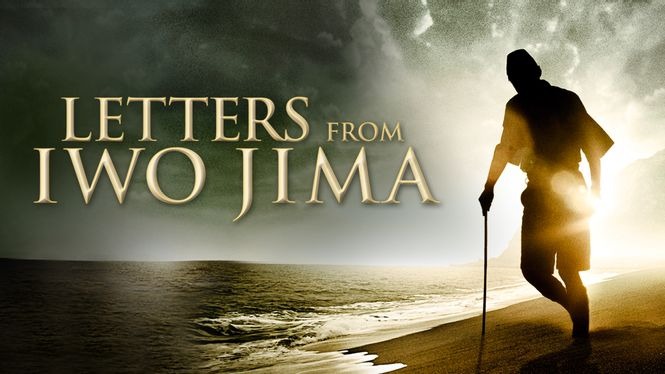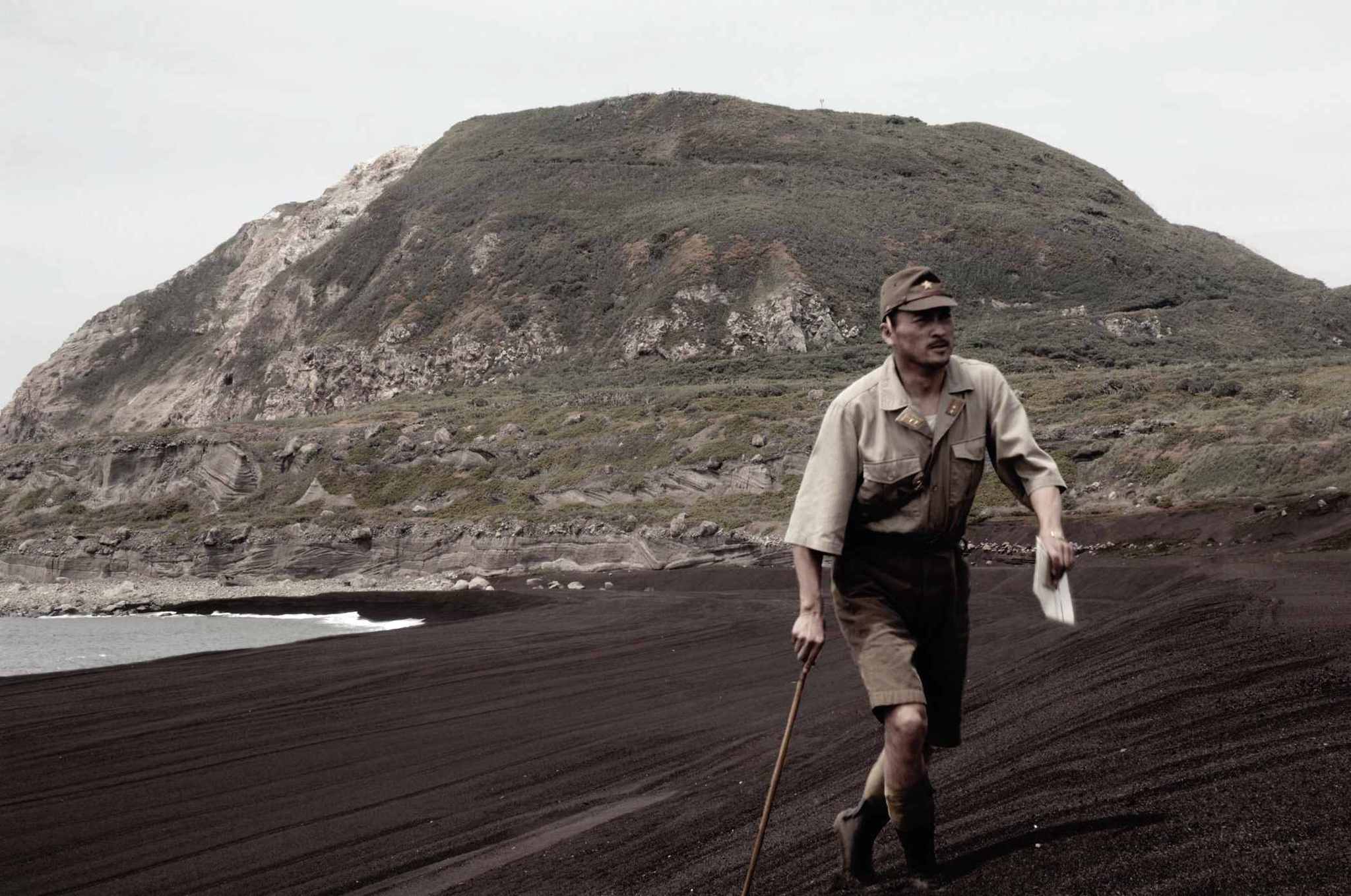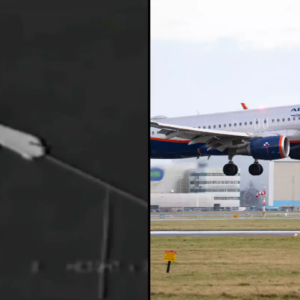Letters from Iwo Jima promptly earns a place as one of the best movies about World War II, and it confirms Clint Eastwood’s place as one of the greatest American film directors ever.
I am not exaggerating. This is one of the relatively few must-sees of the year.
Letters is a sort of bookend to Eastwood’s Flags of Our Fathers. Eastwood filmed the two features at the same time, in a similar style, and they should really be seen together, somewhat like Francis Ford Coppola’s first two Godfather movies.
Flags, of course, dealt with the U.S. Marines’ assault on the Japanese island of Iwo Jima. Letters tells the same story from the Japanese point of view.

It does not dishonor the memory of our Iwo Jima veterans to note that the Japanese defenders fought well and with fanatic determination. (Of a garrison of more than 20,000 Japanese soldiers and marines, fewer than 300 surrendered.) Marine Gen. Holland “Howlin’ Mad” Smith termed the island’s commander, Lt. Gen. Tadamichi Kuribayashi, the “most redoubtable” of the Japanese strategists in the war.
What Letters does is underline the fact that those 20,000 Japanese were human beings – sometimes admirable human beings.
It’s long been a given in Hollywood history that not all Germans in World War II were icy-nerved Nazi war criminals; we’re used to seeing them as people in such movies as Sam Peckinpah’s Cross of Iron or Wolfgang Petersen’s Das Boot.
At least a few American movies have tried to do the same thing, at least intermittently, like Tora! Tora! Tora!, Midway or (heaven help us) Michael Bay’s Pearl Harbor. None, however, have gone to the extent that Letters from Iwo Jima does.
The title refers to two sets of letters. One was a correspondence Gen. Kuribayashi carried on with his children, often adding his own drawings or cartoons.
As played by Ken Watanabe, Kuribayashi is one pole of the drama and rightly so. One of Japan’s most decorated officers – one of the few soldiers granted a personal audience with the Emperor – he was also something of a contrarian who opposed the often callous brutality meted out on common soldiers.
Stripped of his few fighter planes (which were flown back to the home islands) he designed the intricate network of tunnels that enabled the Japanese to hold out for more than a month, despite being outnumbered 5-to-1.
Ironically, he was also one of Japan’s most Westernized officers, having visited America as a student and later as a military attache.
Like Admiral Yamamoto, he opposed the Pacific War, on the grounds that victory against the American industrial machine would be impossible. Like Yamamoto, however, he nevertheless fought from a sense of honor – rather like the doomed warlord whom Watanabe played in The Last Samurai.
The other letters are the fictional ones being written home by a young cook (winningly played by Kazunari Ninomiya). He’s no Samurai – as far as he’s concerned, the Americans can have the worthless volcanic rock that is Iwo Jima – and all he wants to do is survive to see his wife and infant son.

Iris Yamashita’s script sketches other soldiers, too – an array of types similar in many ways to the GIs we meet in American war movies.
Letters doesn’t gloss over the fact that Imperial Japan was a brutal, neo-fascist state or that the Japanese forces committed atrocities. It does make the point, though, that not all Japanese were like that. There was no hive mentality; they disagreed.
Basically, we meet these people, who have some customs that seem peculiar (a flashback of a Japanese draftee being served his call-up notice is especially striking) but are more or less like us.

We reach the point that we care about them, or at least some of them.
Then we watch them die.
Like Flags, Eastwood shot Letters in an especially muted color that seems to bleach at times into virtual black-and-white – like old war movies.
It’s a technique, ironically, that seems to make these distant historical figures spring more readily to life.
Warriors are noble, but war is hell. We seem to keep forgetting that point, but Ol’ Dirty Harry has, with consummate skill, taken the time to remind us.
News
The “Red Zone” – Land Still Abandoned Due to the Dangers Left by the First World War
The “Red Zone” – Land Still Abandoned Due to the Dangers Left by the First World War In the aftermath of the First World War, large areas of northeast France were left in ruin. Years of constant siege warfare along…
Before Becoming a Big-Name Actor, Richard Todd was a Paratrooper Who Fought at Pegasus Bridge
Before Becoming a Big-Name Actor, Richard Todd was a Paratrooper Who Fought at Pegasus Bridge Photo Credit: 1. Sgt. Christie, No. 5 Army Film & Photographic Unit / Imperial War Museums / Wikimedia Commons / Public Domain 2. Silver Screen…
The Potsdam Giants: A Prussian Infantry Regiment Of Nothing But Very Tall Soldiers
The Potsdam Giants: A Prussian Infantry Regiment Of Nothing But Very Tall Soldiers Frederick William I inspecting his giant guards known as The Potsdam Giants, a Prussian infantry regiment No 6, composed of taller-than-average soldiers. Frederick William I of Prussia,…
Ellen DeGeneres cuts a very casual figure as she drives around in her Ferrari
Ellen DeGeneres cuts a very casual figure as she drives around Montecito in her Ferrari… while preparing to embark on her stand-up tour Ellen DeGeneres cut a very casual figure as she made her way around Montecito on Tuesday morning. The…
“I’m heavily tattooed and keep getting rejected for jobs – it’s not fair”
Heavily tattooed OnlyFans star, 23, with multiple piercings on her FACE slams TJ Maxx for rejecting her for a job – accusing retailer of unfairly judging her dramatic look A woman has accused TJ Maxx of rejecting her for a…
All 75 passengers killed in plane crash after pilot let his chirldren control the plane
Praying, turning the engine off by accident and letting KIDS play with the controls: The worst blunders made by pilots before a crash revealed Every time we board a plane, we put our lives in the hands of the pilot….
End of content
No more pages to load











